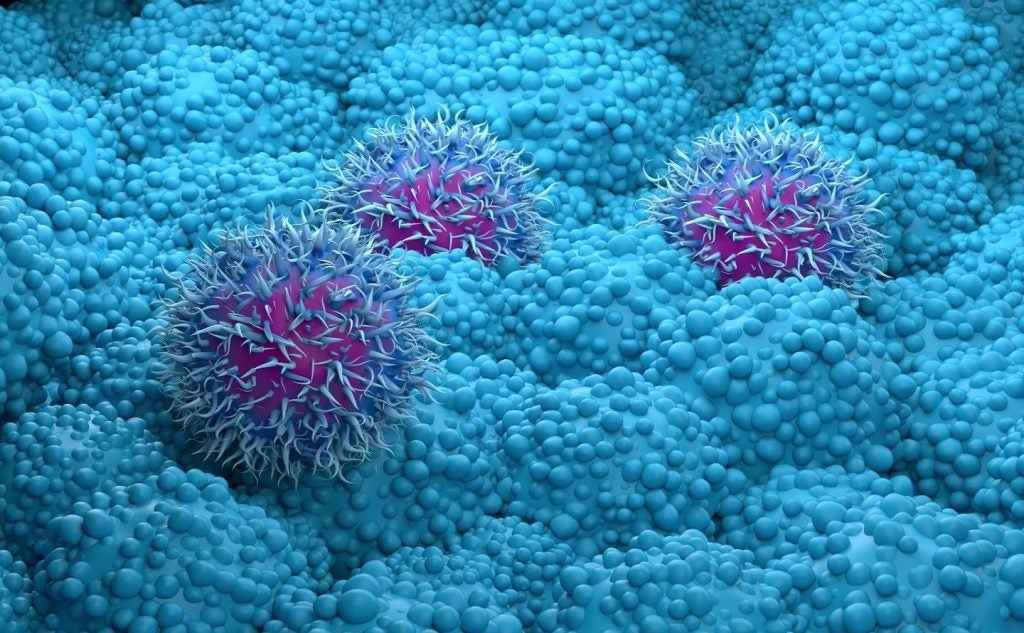Lisata Therapeutics has received orphan drug designation from the European Medicines Agency’s (EMA) Committee for Orphan Medicinal Products for LSTA1 to treat pancreatic cancer.
LSTA1 is an investigational drug designed to activate a new uptake pathway that enables co-administered or tethered anti-cancer drugs to penetrate solid tumours.
The drug actuates this targeted transport system within tumours, leading to the penetration and build-up of co-administered anti-cancer drugs throughout the body.
LSTA1 may alter the tumour microenvironment, making tumours more susceptible to immunotherapies.
It is currently undergoing multiple clinical studies worldwide across solid tumour types, including pancreatic cancer, along with diverse anti-cancer regimens.
Lisata, with its partners, has gathered non-clinical data showing improved delivery of established and emerging cancer treatments such as immunotherapy, chemotherapy and RNA-based therapies.
LSTA1 has shown promising safety, activity and tolerability in clinical trials, improving the administration of standard-of-care chemotherapy for pancreatic cancer.
Lisata chief medical officer and research and development executive vice-president Kristen Buck stated: “To date, LSTA1 has demonstrated favourable safety, tolerability and activity to enhance delivery of standard-of-care chemotherapy for patients with metastatic pancreatic cancer.
“Obtaining orphan drug designation from the EMA reinforces our belief that LSTA1 offers a major improvement in treating patients with this terrible disease.
“We are excited by the promise of LSTA1 for the treatment of pancreatic cancer and other solid tumours and are committed to advancing our development programmes with the goal of providing a benefit to patients.”















